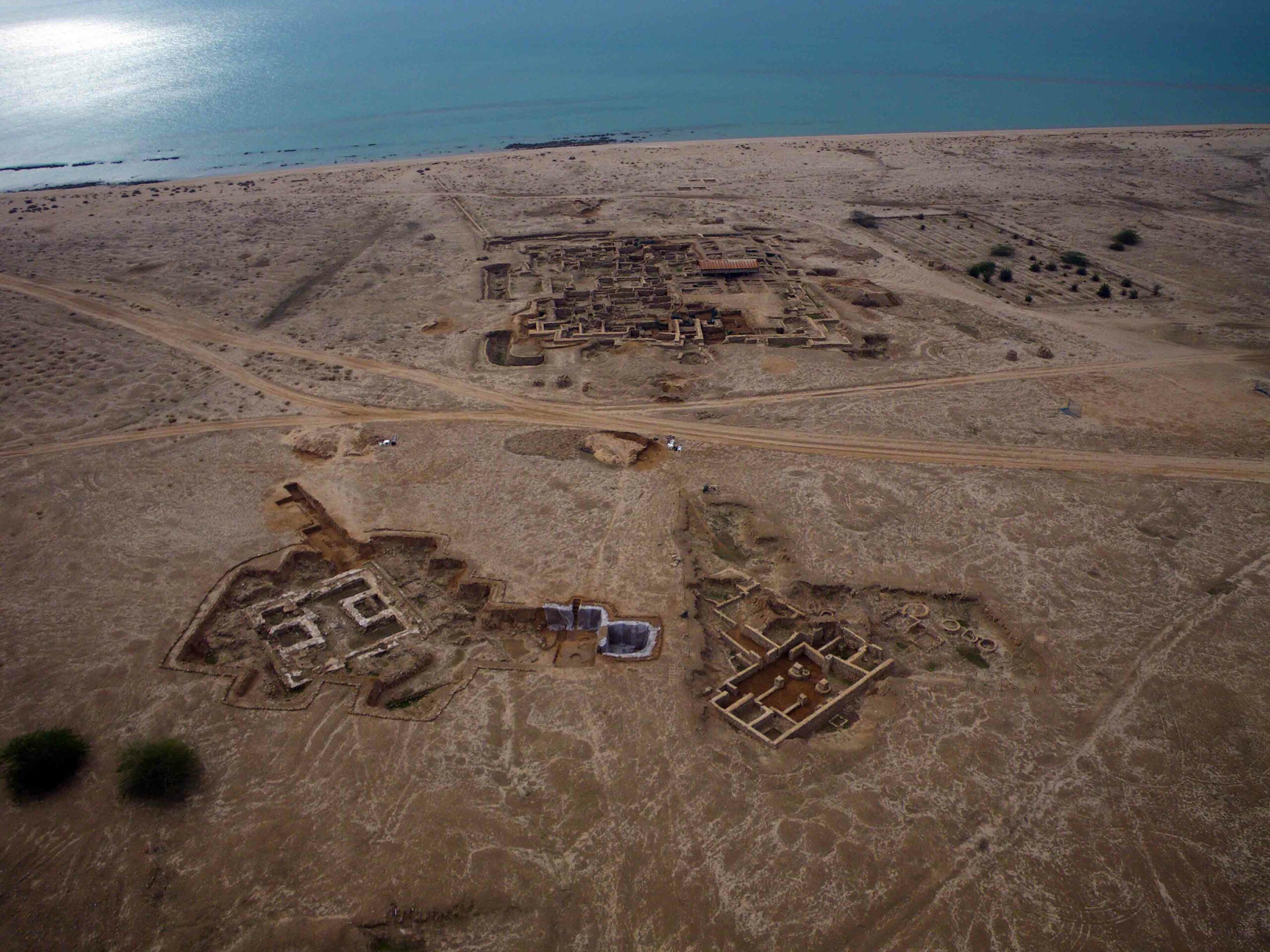STAVANGER, NORWAY—Archaeologist Sigrid Alræk Dugstad of the University of Stavanger thinks that a discarded flake ax found at the Mesolithic site of Hundvåg in southwestern Norway was probably made by a child. “Given the numerous and characteristic failed strokes, it is also probable that the beginner had not received any form of direct instructions on how to proceed in manufacturing the tool. Maybe the purpose was to practice the technique in itself rather than produce a finished tool,” she said. Children probably acquired knowledge and skills working and playing alongside their parents and other adults in the settlement, she added.
Stone Age Kids Learned by Doing
News April 17, 2013
Recommended Articles
Off the Grid January/February 2026
Prophetstown, Indiana
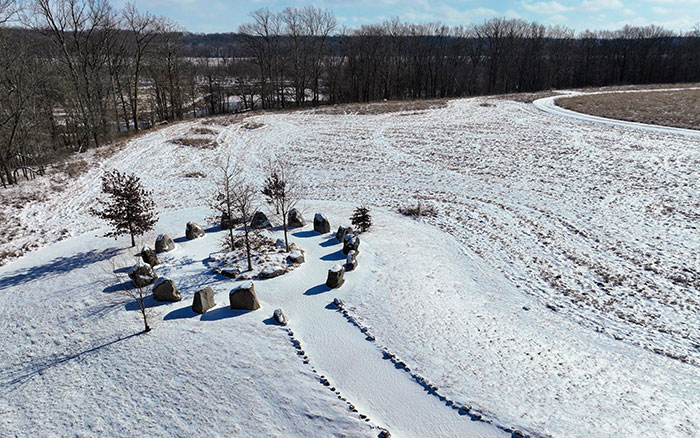
Letter from France January/February 2026
Neolithic Cultural Revolution
How farmers came together to build Europe’s most grandiose funerary monuments some 7,000 years ago
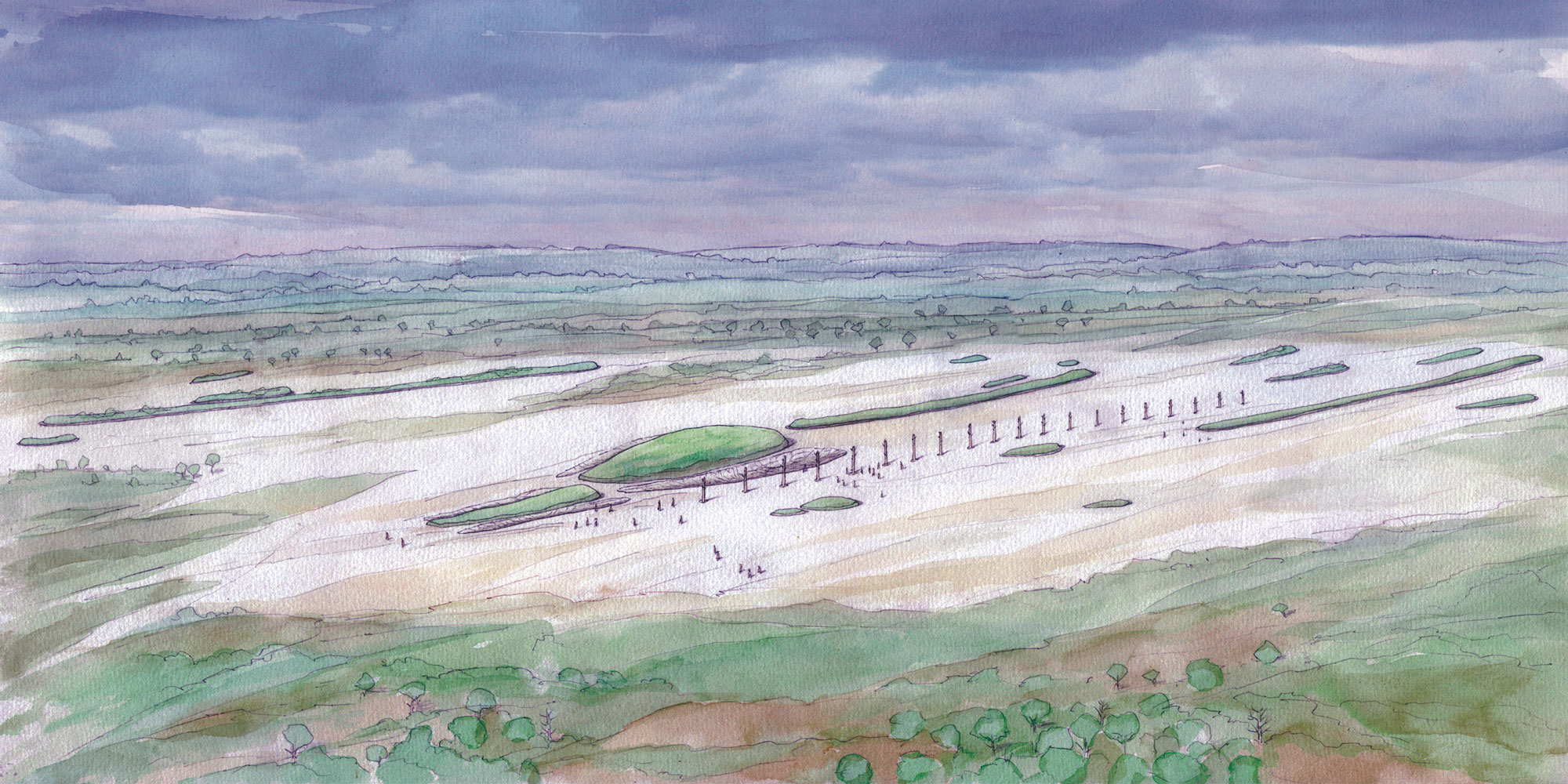
Features January/February 2026
The Cost of Doing Business
Piecing together the Roman empire’s longest known inscription—a peculiarly precise inventory of prices

Features January/February 2026
The Birds of Amarna
An Egyptian princess seeks sanctuary in her private palace

-
Features March/April 2013
Pirates of the Original Panama Canal
Searching for the remains of Captain Henry Morgan's raid on Panama City
 (Courtesy Captain Morgan Rum Co.)
(Courtesy Captain Morgan Rum Co.) -
Features March/April 2013
A Soldier's Story
The battle that changed European history, told through the lens of a young man’s remains
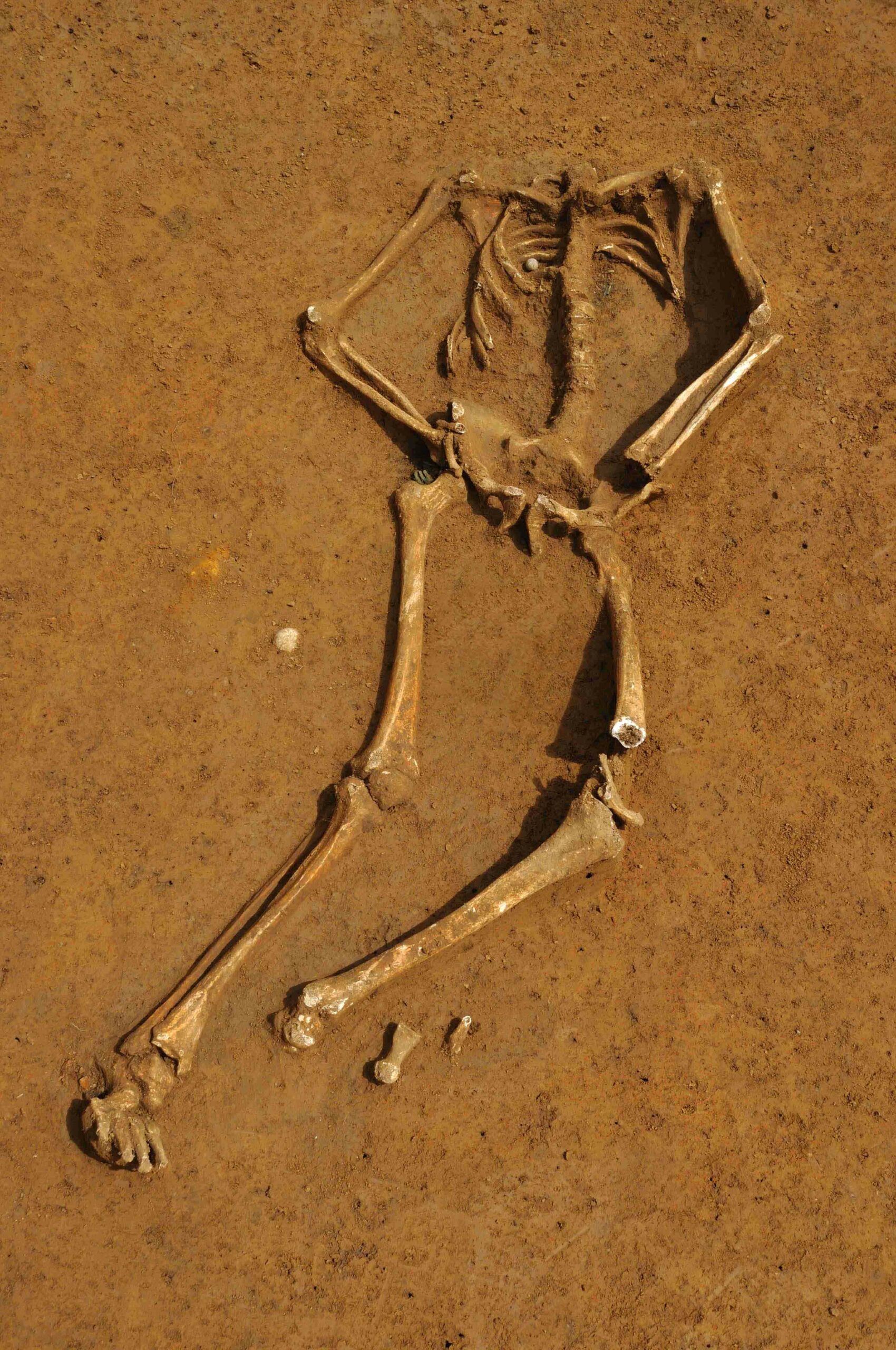 (Courtesy Dominique Bosquet)
(Courtesy Dominique Bosquet) -
Letter From Cambodia March/April 2013
The Battle Over Preah Vihear
A territorial dispute involving a 1,100-year-old Khmer temple on the Thai-Cambodian border turns violent
 (Masuru Goto)
(Masuru Goto) -
Artifacts March/April 2013
Pottery Cooking Balls
Scientific analyses and experimental ARCHAEOLOGY determine that mysterious, 1,000-year-old balls of clay found at Yucatán site were used in cooking
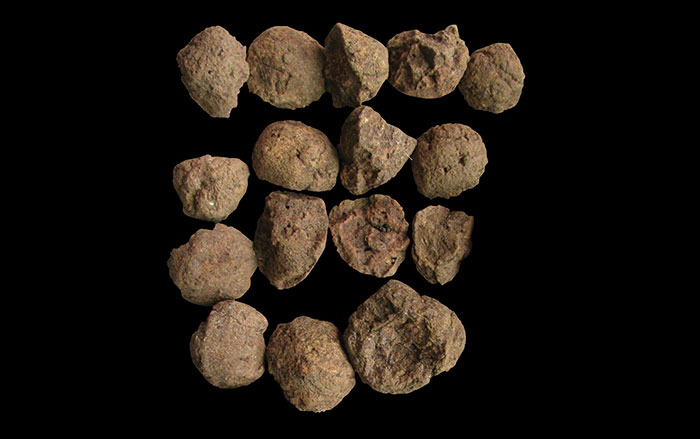 (Courtesy Bolonchen Regional Archaeological Project)
(Courtesy Bolonchen Regional Archaeological Project)


